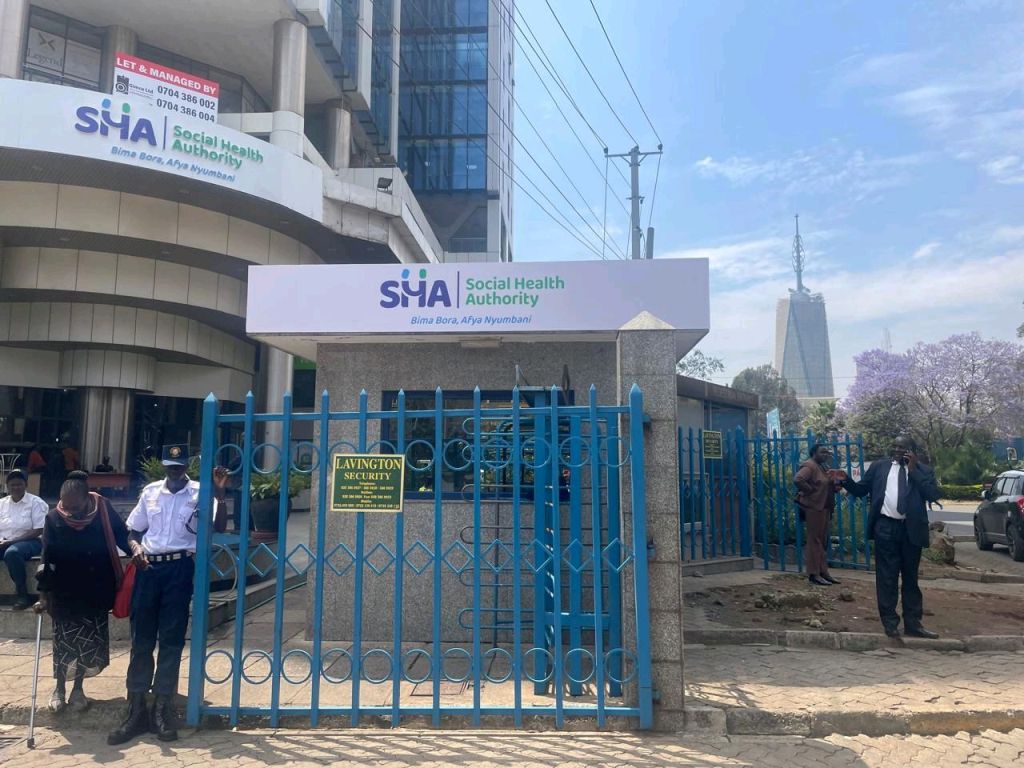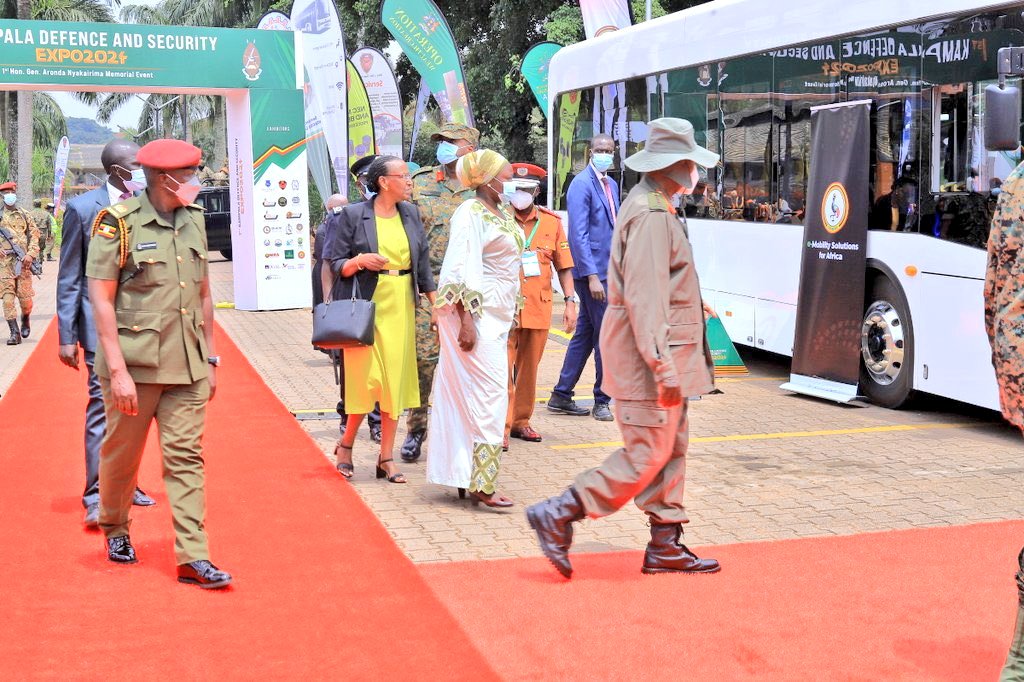The Ministry of Information and Communication Technology (ICT) in Uganda is advocating for lower taxes on digital gadgets to help bridge the digital divide in the country. This initiative aims to make technology more accessible to Ugandans by reducing the cost of devices and broadband services.
Sophia Nantongo, Undersecretary of the Ministry of ICT and National Guidance, discussed the ministry’s efforts during the Leadership, Employability, Advancement, and Possibility (LEAP) summit in Shanghai, China. She emphasized the need for affordable gadgets and broadband to utilize the internet infrastructure developed across Uganda.
| Current Situation | Proposed Changes |
|---|---|
| High cost of gadgets | Reduction in taxes on digital devices |
| Internet costs reduced | Further reduction in gadget prices needed |
Nantongo revealed that the Ministry of ICT is engaging the Ministry of Finance to review the current taxation policy on digital gadgets. The goal is to make these devices more affordable for the general public. The Ministry of ICT is preparing a Cabinet paper to present this proposal.
| Current Taxes on Gadgets | Details |
|---|---|
| Value-added tax (VAT) | 18% |
| Import duty | 10% |
| Infrastructure tax | 1.5% |
Cost of Internet
The Ugandan government recently reduced the cost of internet by half, from $70 (UGX 266,000) to $35 (UGX 133,000) per Mbps per month. Despite this reduction, experts argue that the cost is still high compared to other regions like Europe, North America, and Asia-Pacific, where prices are below $5 (UGX 19,000) per Mbps.
| Region | Cost per Mbps per Month |
|---|---|
| Uganda | $35 |
| Europe/North America/Asia-Pacific | Below $5 |
Encouraging Local Manufacturing
The ministry is also focused on attracting technology firms to invest in manufacturing and assembling gadgets in Uganda. This would further reduce prices and increase accessibility. Nantongo mentioned the government’s investment in an ICT park in Entebbe, where 16 acres of land have been allocated for building facilities to attract tech companies.
Gadget Manufacturing in Uganda
In recent years, Uganda has seen the establishment of two phone assembly factories. The first, owned by Chinese firm Engo Holdings, was opened in Namanve Industrial Park in 2019. Another Chinese phone plant, MiOne, was launched in January 2024 by ICT Minister Chris Baryomunsi and State Minister for Trade, Industry, and Cooperatives David Bahati.
| Factory | Location | Year Opened |
|---|---|---|
| Engo Holdings | Namanve Industrial Park | 2019 |
| MiOne | Uganda | 2024 |
Calls for Empowering Youth
John Mo, Secretary General of the African Telecommunications Union, urged African governments to empower young people to take advantage of opportunities in the digital space. He highlighted the potential of Africa’s youthful population, with a median age of 19 years, to drive digital innovation and growth.
LEAP Summit
The LEAP summit, organized by Chinese technology giant Huawei, coincided with the Mobile World Congress 2024 in Shanghai. Gao Xiang, President of Huawei in Africa, announced that over the past 22 months, Huawei has trained over 120,000 digital talents in sub-Saharan Africa through its LEAP digital skills development program.
| Institution | Award |
|---|---|
| Soroti University | Best Operator Institution |
| University of Nairobi | Best Performance |
| University of Dar es Salaam | Special Contribution |
| Ahamad Bello University | Academic Support Centre |
Uganda’s Ministry of ICT is advocating for lower taxes on digital gadgets to make technology more accessible to its citizens. With ongoing infrastructure development and efforts to attract local manufacturing, the ministry aims to bridge the digital divide and foster a digitally empowered society.




















